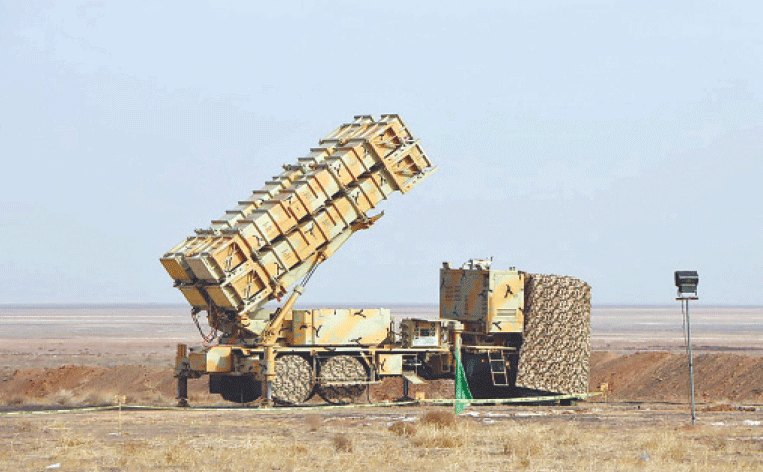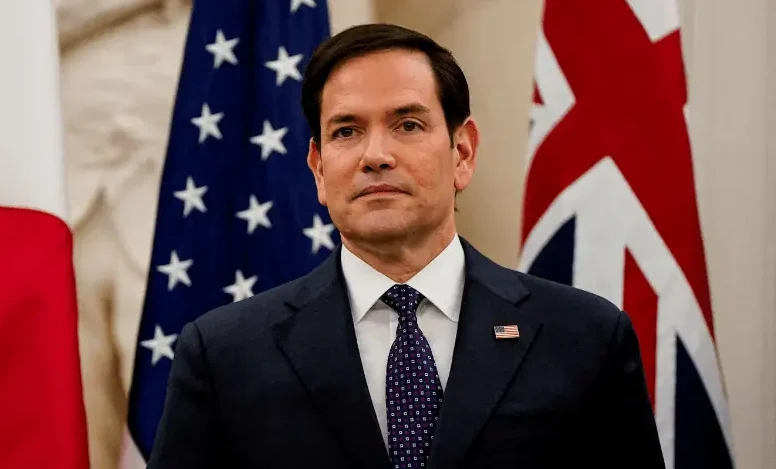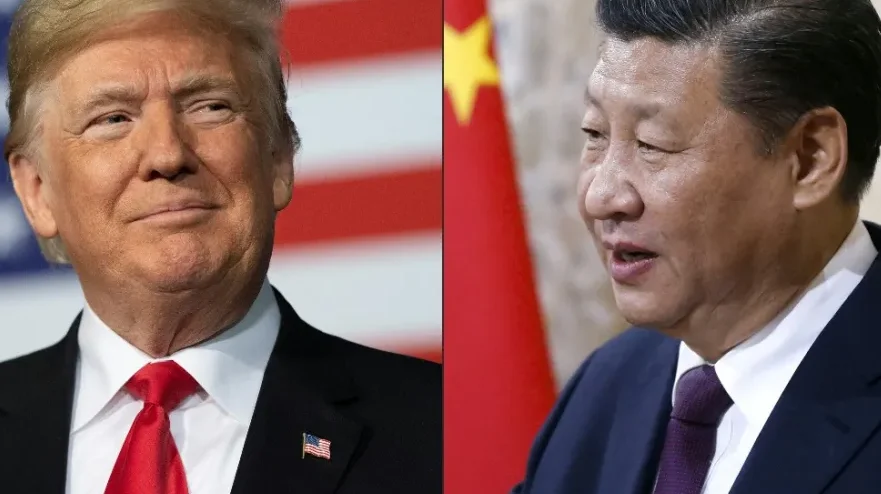Iran has successfully replaced and redeployed its air defense systems that were damaged during last month’s military confrontation with Israel, according to a statement by Rear Admiral Mahmoud Mousavi, Deputy for Operations of Iran’s Armed Forces, reported by Defa Press on Sunday.
The confrontation in June saw Israel launch extensive airstrikes, breaching Iranian airspace and inflicting significant damage to Iran’s air defense infrastructure. In retaliation, Iranian forces carried out a series of missile and drone strikes targeting strategic sites inside Israel.
“The Zionist enemy attempted to destroy our defensive capabilities, and some of our systems were damaged in the conflict. However, thanks to the efforts of our personnel, the damaged systems have now been replaced and redeployed to their designated positions.”
He also claimed that Israel failed to achieve its strategic goals, despite receiving support from the United States and NATO.
Indigenous and Foreign-Made Defense Systems
Prior to the conflict, Iran had both the Russian-made S-300 air defense system and its own domestically produced long-range system, Bavar-373, in operation. The Defa Press report emphasized that no foreign defense systems have been imported in recent weeks. Instead, Iran relied on repairing or replacing its existing equipment.
Following limited Israeli strikes on Iranian missile factories in October last year, Iran showcased the operational readiness of its Russian-made systems during a military drill to demonstrate recovery and resilience.
Nuclear Talks with European Powers May Resume Next Week
Amid rising regional tensions, Iran may engage in nuclear negotiations with Britain, France, and Germany as early as next week, according to a report by semi-official Tasnim News Agency.
While the framework for the discussions has reportedly been agreed upon, the exact time and location are still under consultation. The report comes just days after the foreign ministers of the so-called E3 countries and the EU’s foreign policy chief met with Iranian Foreign Minister Abbas Araghchi — the first direct contact since the Israeli and U.S. strikes on Iran’s nuclear facilities last month.
Revival of 2015 Nuclear Deal Faces Obstacles
The E3 nations, who along with China and Russia are parties to the 2015 Iran nuclear deal, have warned that failure to restart talks could lead to the reimposition of international sanctions. The United States withdrew from the accord in 2018, reintroducing severe economic penalties on Tehran.
The E3 have threatened to invoke the “snapback mechanism” under a UN Security Council resolution if no progress is made by the end of August — a move that could restore previous UN sanctions on Iran.
In response, Iran has criticized the approach as coercive and illegitimate. Earlier this week, Araghchi said:
“If the EU or the E3 wish to play a constructive role, they must act responsibly and abandon the failed policy of pressure and threats, including the so-called snapback, which lacks any moral or legal justification.”
Background and Outlook
Prior to the Israel-Iran conflict, Tehran and Washington had held five rounds of indirect nuclear negotiations through Omani mediation. However, the talks faced major obstacles — particularly Iran’s uranium enrichment levels, which Western powers want reduced to near-zero to prevent any weapons development capability.
Iran maintains that its nuclear program is purely for civilian use.
As tensions remain high, the potential resumption of talks next week could mark a pivotal moment. A diplomatic breakthrough may ease growing instability in the region, while a failure to reach consensus could lead to renewed sanctions and escalate geopolitical risks further.






